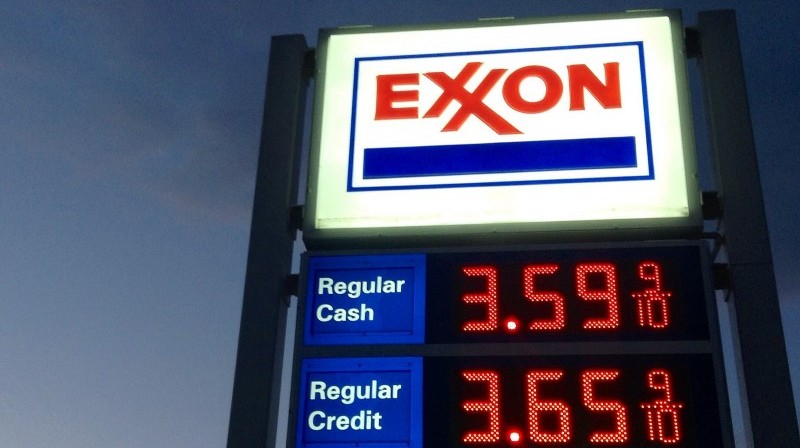“The world is going to have to continue using fossil fuels, whether they like it or not.”
That was CEO Rex Tillerson’s promise – or threat – at the ExxonMobil AGM in Dallas on Wednesday.
His combative stance was matched by Chevron counterpart John Watson. “You can sign agreements in Paris, that’s a good step,” he said.
“But when you sign agreements and create the impression that it’s going to be implemented when no one’s identified the trillions of dollars that it’s going to cost, it’s just not clear that’s going to deliver.”
Both US oil chiefs are confident the world will choose SUVs over electric cars; the fossil fuelled status quo over a safe climate future.
It is an attitude that faced its biggest challenge yet this week. A substantial chunk – 41% at Chevron and 38% at Exxon – of shareholders voted in favour of resolutions on climate change.
And a majority at Exxon demanded the right to nominate board members, paving the way to inject some climate expertise. Chevron passed that vote a year ago.
None of that will force action. The results of such votes are advisory. Divestment campaigners, predictably, took it as further evidence shareholders need to sell up and put their money into lower carbon sectors.
RL Miller, Californian Democrat organiser and cofounder of Climate Hawks Vote, accuses shareholder activists of “empowering and enabling Exxon to keep deceiving the public about the risks of climate change”.
“It’s time to end the farce of shareholder resolutions trying to nudge Exxon off its path of climate destruction,” she says.
Engagement advocates are upbeat, however, seeing their influence increasing. They are more determined than ever to bring management round to their way of thinking.
“We will almost certainly get the 2 degrees resolution passed next year,” Julian Poulter of Asset Owners Disclosure Project tells Climate Home. “Exxon needs the support of the market – there is only so much resistance they can do.”
The main ask is for the oil companies to consider the possibility they are wrong. If regulations and new technology were to curb greenhouse gas emissions fast enough to limit global warming to 2C, what would their oil be worth?
French competitor Total appeared to grasp the implications with a strategy paper published on Tuesday. It ruled out Arctic oil drilling and pledged to scale back tar sands extraction.
It may have been making a virtue of necessity. Low oil prices have curbed cash available for expensive frontier projects.
Nonetheless, it laid down a marker, making it harder for any oil major to claim it is taking climate change seriously with anything less.
While Exxon and Chevron insist there is no need to do any such analysis, because 2C won’t happen, a parallel strategy targets their top personnel.
Investors that collectively hold more than 3% of shares now have the right to nominate board members – known as proxy access.
It addresses one of the root causes of the companies’ blindness to climate risk: directors of a similar background reinforcing each other’s biases.
A study from Oxford University last year identified the US supermajors as particularly susceptible to “groupthink”, due to a lack of diversity on their boards.
It is not about imposing a token climate expert, says Andrew Logan, oil and gas expert at sustainable investor network Ceres. “The ultimate goal is making sure boards are climate-competent.”
Again, don’t expect instant wins. There are plenty of bureaucratic hurdles management can put in their path.
But it might not be necessary to force nominations through, Logan says. “Having proxy access at a company gives you a lot of leverage to have a substantive conversation with the board about its composition.”
The American oil giants have stubbornly resisted change to date. But after Paris, momentum is with their critics.
Investors are offering advice to adapt to a changing political climate. Tillerson and Watson just need to take it.
